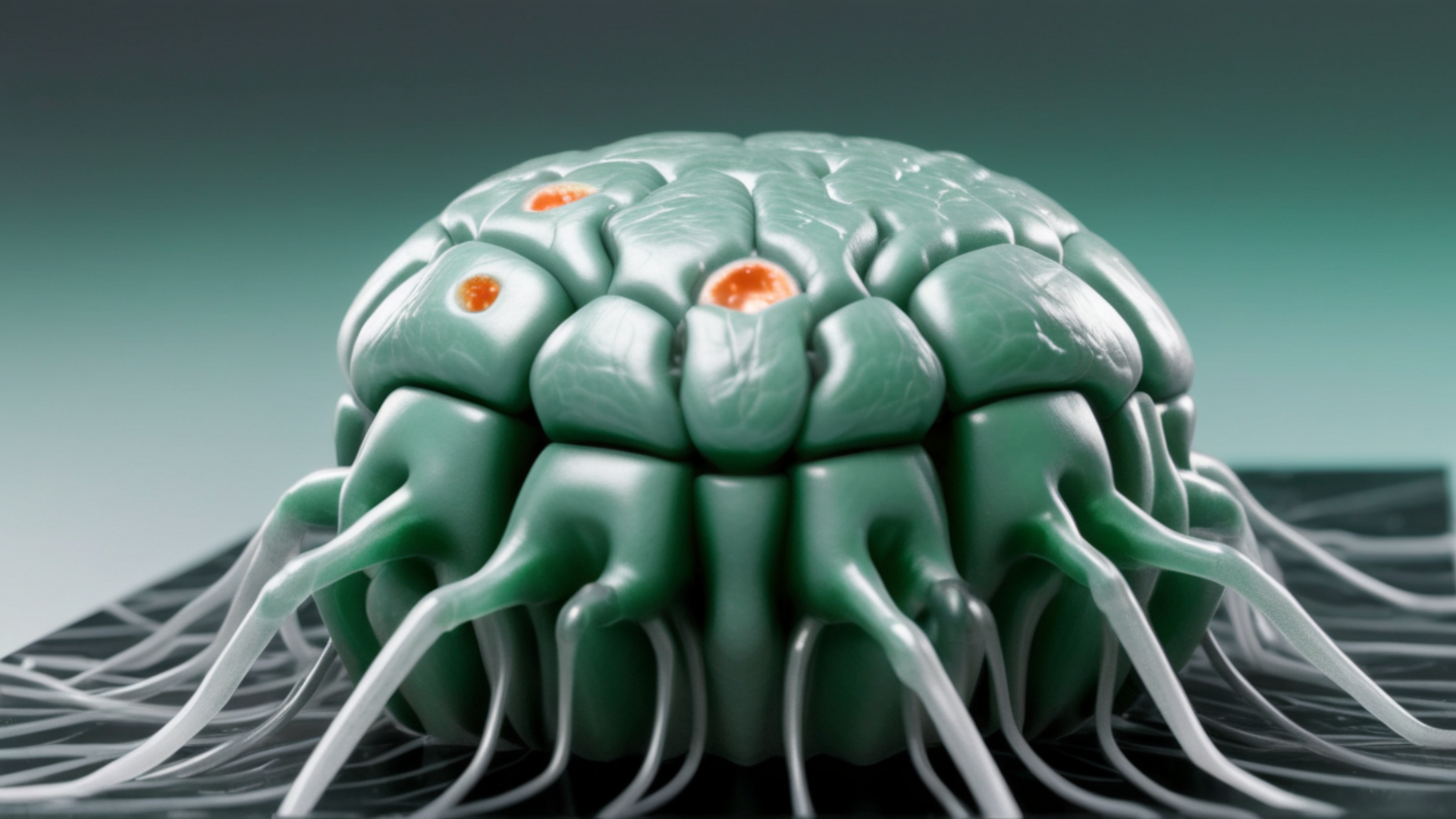Discover a more fulfilling life with Dr. Rangan Chatterjee's Happy Mind, Happy Life, a guide to simple practices for lasting joy and well-being.

Embracing the concept of "Happy Mind, Happy Life" can profoundly impact our overall well-being. Dr. Rangan Chatterjee, a renowned GP, has delved into this topic in his book "Happy Mind, Happy Life," where he shares insights into the science of happiness. Through his extensive career, he has observed that motivation alone often isn't enough to maintain a healthy lifestyle. Instead, it's the cultivation of core happiness and mental well-being that makes healthy choices more attainable.
Dr. Chatterjee's book offers practical solutions by revealing 10 simple ways to enhance our daily lives. It features real-life case studies and over 20 practical exercises that help individuals find their flow, create distance from distractions like phones, and deal with criticism effectively. This approach empowers readers to feel calmer, more confident, and equipped to live life to its fullest potential.
A happy mind isn't merely the absence of sadness or worry but a state of well-being characterized by positive emotions such as joy and gratitude. It involves having a sense of purpose and meaning in life, which provides direction and motivation. Optimism allows us to maintain a positive outlook even in challenging situations, and mental resilience helps us cope with stress without being overwhelmed.
Mindfulness plays a crucial role in fostering peace and contentment by encouraging us to be present in the moment and appreciate life's simple joys. Cultivating these traits can significantly improve our resilience and ability to navigate life's complexities with greater ease.
Incorporating practices from "Happy Mind, Happy Life" into our daily routines can be incredibly rewarding. Whether we are facing a crisis or simply seeking more joy, this approach can help us achieve a more balanced and fulfilling life. By prioritizing happiness, we not only enhance our mental health but also improve our overall physical well-being.
By embracing this philosophy, we can start cultivating our own happy mind today. Recognizing that we are worthy of happiness is the first step toward a more contented life. This journey involves acknowledging the importance of positive emotions, sense of purpose, and mindfulness in achieving a state of well-being that allows us to live life to the fullest.
Ultimately, Dr. Chatterjee's work reminds us that happiness is not solely determined by external factors but can be influenced by internal choices and practices. By adopting simple yet effective strategies, anyone can move toward a happier, more resilient life.
- Dr. Rangan Chatterjee's book "Happy Mind, Happy Life" focuses on the science of happiness and its impact on overall well-being.
- The book offers practical solutions through real-life case studies and over 20 practical exercises to help individuals find their flow, deal with distractions, and criticism effectively.
- A happy mind involves positive emotions like joy and gratitude, a sense of purpose, optimism, mental resilience, and mindfulness. These traits can significantly improve our ability to navigate life's complexities with greater ease and enhance overall well-being.
KEYWORDS
stress, mindful, health, calmMOST READ
MORE TO READ

Mindfulness Practices Reduce Stress in Modern Life
Mindfulness practices help reduce stress and improve well-being by focusing on the present moment. They enhance emotional regulation and can be as effective as medication for anxiety.

Fruit Fly Brain Shows Unexpected Adaptability
The tiny fruit fly’s brain, with 140,000 neurons, reveals how focus and adaptability thrive under chaos—lessons to rethink wellbeing by filtering what truly matters in life’s noisy moments.

Spider Brains Reveal Human Waste System Insights
Scientists studying spider brains have uncovered a hidden brain waste removal system, which holds clues to Alzheimer’s disease. Nature-inspired research shows our brains have ancient cleaning mechanisms.

Human vs. chimp nerve cell study uncovers rapid evolutionary brain changes
Recent research reveals how rapidly evolving genetic switches called HARs uniquely shaped human brains, fueling our creativity and cognition—while inspiring us to mindfully nurture this evolutionary gift for growth.


